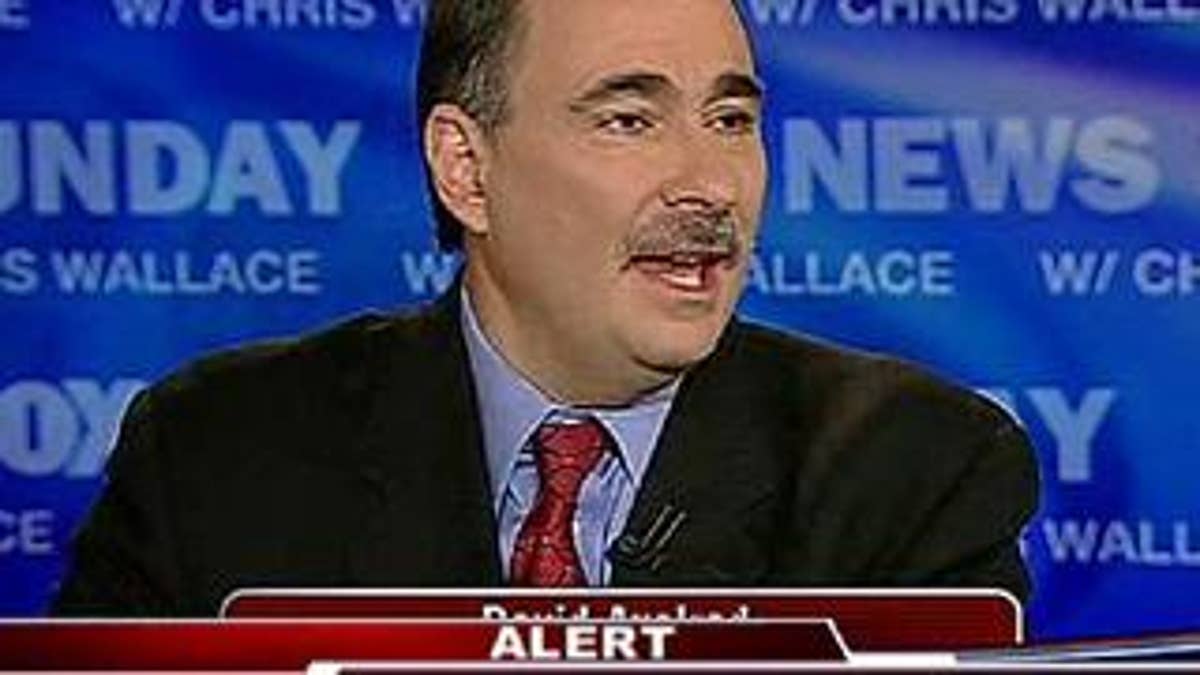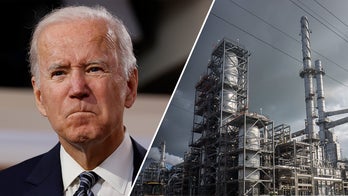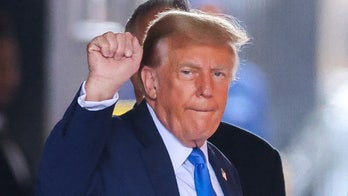
WASHINGTON -- General Motors and Chrysler have found themselves stuck in neutral in negotiations with the United Auto Workers union.
With just two days before two of the Big Three automakers return to Washington, D.C., to offer a restructuring plan and ask for more cash from the federal government, concession talks are set to resume with the labor group, which is on a crash course with the automakers over who has to sacrifice for the companies to stay afloat.
Talks in Detroit with GM broke off Friday night over the issue of health care for retirees. UAW negotiators walked out in a dispute over swapping stock for cash payments into a union-run trust fund that will take over retiree health care costs starting next year.
On Sunday, a source close to the negotiations said talks with General Motors and the UAW will resume in the afternoon. Chrysler's talks were moving very slowly, and the UAW shifted its efforts to Ford Motor Co., the healthiest of the Detroit Three and the only one not receiving government loans.
"This is a difficult situation," President Obama's senior adviser David Axelrod said on "FOX News Sunday. "Everyone's going to have to continue to work toward a solution."
GM announced last week that it would lay off 10,000 salaried employees to comply with the government's demands to manage its labor costs. About one-third of those jobs will be in the U.S. The company is also offering early retirement options for its 62,000 hourly workers.
Chrysler is in the process of detailing its plans to slash 32,000 jobs.
Axelrod said Sunday that the U.S. can't afford to have two of its Big Three automakers fall down because millions of jobs in spinoff businesses will be affected by bankruptcies at General Motors Corp. and Chrysler LLC.
"We need a thriving auto industry in this country. There are millions of jobs that rely on it, not just in the auto industry itself, not just at the Big Three," he said.
The two companies are set to return to Washington, D.C., this week -- hats still in hand -- to deliver proposals required by the U.S. government on how to save their companies from going under. The CEOs of the companies have warned that their going in bankruptcy will finish them since consumers won't want to buy their cars anymore.
But so far, GM and Chrysler haven't gotten approval from the UAW or its creditors for its plans, which includes efforts to reduce the number of units they will produce next year. Analysts project total auto sales will come in at between 10 million and 11 million units this year, an abysmal number that ranks just second to the post-World War II performance, accounting for population growth.
Axelrod said that the companies will have to undergo "significant restructuring" of their industry so they can produce cars that people want to buy. He said it won't be painless.
"We have a vested interest in seeing the auto industry continue," he told "FOX News Sunday." "And that's going to involve concessions on the part of everyone, not just the auto workers, but shareholders, creditors and, of course, the executives who run the company."
GM and Chrysler have already borrowed from the federal government $9.4 billion and $4 billion respectively to stay in business. GM wants an additional $4 billion and Chrysler an extra $3 billion. The Treasury Department must approve their viability plans before distributing any more cash. If it does not, it could demand repayment of the loans by March 31.
Axelrod wouldn't say whether the administration would offer the auto industry more bailout money. Asked if the U.S. economy could withstand a bankruptcy at GM, Axelrod didn't respond directly.
The Associated Press contributed to this report.




